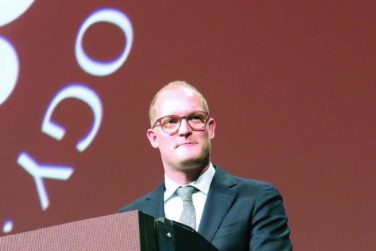FROM JOURNAL OF CLINICAL ONCOLOGY
The novel Aurora A kinase inhibitor alisertib has shown significant antitumor activity in patients with relapsed or refractory peripheral T-cell non-Hodgkin lymphoma but not transformed mycosis fungoides, according to data from a phase II trial.
The study in 37 patients showed the overall treatment response rate among peripheral T-cell non-Hodgkin lymphoma (PTCL) was 30%, with two (7%) complete responses, seven (23%) partial responses, and five patients (17%) achieving stable disease, although there was no response from patients with transformed mycosis fungoides.
Grade 3 and 4 adverse events were observed in less than 5% of patients, the most common being neutropenia (32%), followed by anemia, thrombocytopenia, and febrile neutropenia; around half of all patients experienced fatigue, according to a study published online in the Journal of Clinical Oncology (J. Clin. Oncol. 2015 June 15 [doi:10.1200/JCO.2014.60.6327]).
“Frequent drug resistance and overall poor outcomes complicate the management of relapsed and refractory PTCL; the need for effective new agents with favorable toxicity profiles is clear,” wrote Dr. Paul M. Barr of the University of Rochester (N.Y.) and his coauthors.
The study was supported by the National Institutes of Health and the National Cancer Institute. Dr. Barr reported consulting or advisory roles with Millennium, Pharmacyclics, Gilead Sciences, and TG Therapeutics and research funding from Pharmacyclics.
tor@frontlinemedcom.com




